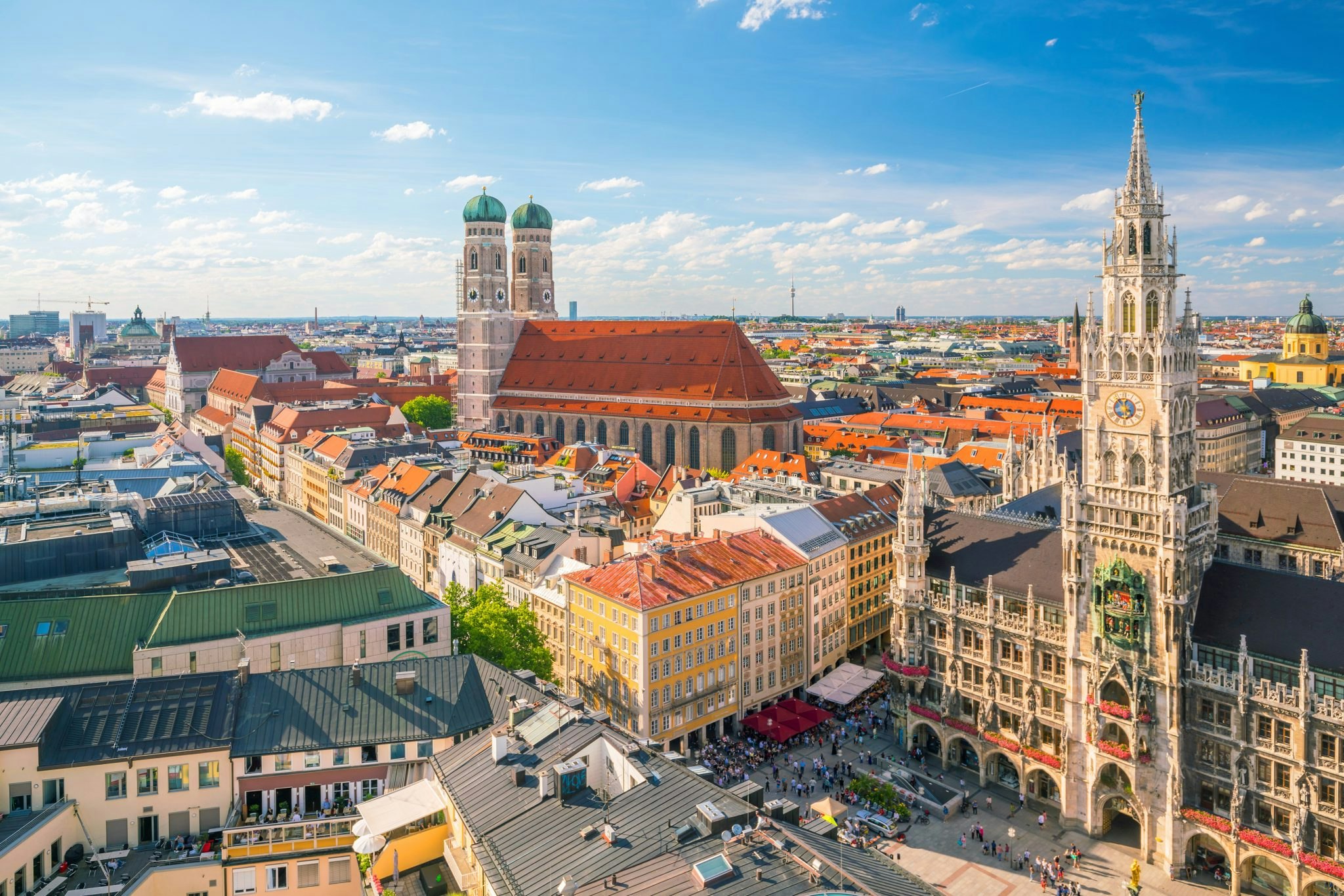Adtech, fintech, cleantech — technology has begun transforming every area of the European economy. But recently a new sector has emerged which promises to change the nature of European societies even more fundamentally: govtech.
This week the Danish Government announced their new ‘govtech programme’, an open call competition for startups to solve public sector challenges. The programme marks Denmark’s first concerted approach into govtech, and the first to be pioneered in the Nordic region more widely — a bold statement from the nation ranked Number 1 by the UN in public sector digitisation.
But Denmark is not alone in promoting startups to solve public problems. Since mid-2018 govtech schemes have appeared across the continent, offering startups new and different ways to work with public services. From government sponsored initiatives alone, you could count Govtech Polska in Poland, GovTech Summit backed by French President Macron, the UK’s govtech catalyst — and that’s not to mention private sector programmes such as Public’s own GovStart accelerator, which this year opens for applications from startups in France, Germany and the UK.
So why are so many European governments trying so hard to work better with startups? There are a number of reasons. Advances in technology have opened up new opportunities. Cloud computing and AI now allow small companies to achieve what was scarcely imaginable to even large corporates 10 years ago. Digitising public services no longer requires buildings of engineers and multi-million dollar contracts. With budgetary pressures now a common feature across even the richest of European states, the prospect of avoiding large costs and the resulting public embarrassment is a very attractive one to many governments.
Add to this that European governments now face an increasingly demanding, smartphone-first citizenry; people expect the same kind of functionality and easy of service from their public administration as they get from Google, Spotify or their online bank. Working with startups that can easily iterate, update their products and innovate fast, provides the best way for governments to provide what citizens are used to.
Startups that have taken advantage of the opportunity include Fluicity, a French citizen participation platform working with more than 15 local regions across Europe; Familio, the Danish messaging system for parents and nurseries; and Adzuna, the London-based recruitment startup that won a massive, million-pound government tender to support unemployed people into work.
Europe is the ideal home for these pioneering new startups. European political culture provides a balance of market and state — a strong tradition of welfare and social protection combined with a desire for high-quality state services that naturally lends itself to fostering best-in-class technology for public services. The difference with China’s ethically dubious approach to privacy could scarcely be greater.
And unlike in the US, the proximity between political and technology sectors across European capitals makes collaboration easier. You can walk from Norway’s parliament to all of Oslo’s startups hubs in less than five minutes. The flight from San Francisco to Washington takes five hours. Govtech is not unique to Europe, but it is proving a particularly fertile breeding ground for new govtech companies.
To that end, in the coming years startups focused on public services can expect larger cheque sizes: the recent investments of £8.8m into healthtech company AccuRx and a £3.6m seed round for GovStart company Forward Health last year are an indication of what is to come.
Governments across Europe are also likely to further reform their procurement practices — as it stands arcane framework and tender processes remain one of the largest barriers to small players seeking to work with government. And with the European parliamentary elections in May, there will be renewed attention on how best to foster a European startup ecosystem including for govtech innovation.
Less than three years ago, govtech was an almost unknown term. Now it holds out the promise not only of improving European public services and the lives of citizens but becoming the European technology USP.


